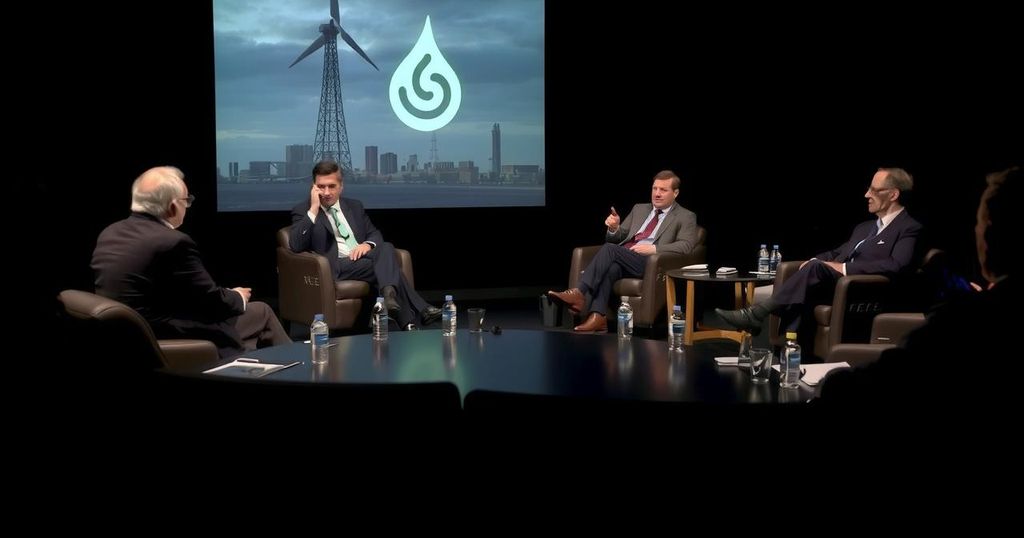The re-election of Donald Trump may reignite a focus on nationalist energy policies, likely including withdrawal from international climate agreements like the Paris Agreement. This may diminish U.S. leadership in global climate negotiations while promoting a transactional approach to climate diplomacy. The Trump administration may also end federally funded climate initiatives, redirecting expertise to other areas, necessitating private and state-level climate advocacy efforts.
The anticipated re-election of President Donald Trump is likely to have significant implications across various policy areas, including energy and climate diplomacy. The Trump administration is expected to replicate its earlier approach by withdrawing from the 2015 Paris Climate Agreement, as it seeks to prioritize U.S. interests over international climate commitments. However, the Paris Agreement’s voluntary nature allows for potential future re-entry, similar to President Biden’s actions at the beginning of his term.
One concerning potential action being debated among Trump’s aides is a withdrawal from the United Nations Framework Convention on Climate Change (UNFCCC), which would diminish U.S. leadership on climate issues and benefit competitors like China. An alternative might involve maintaining participation in both the Paris Agreement and UNFCCC while using them for diplomatic leverage in negotiations unrelated to climate. This transactional approach, while lacking in substantive climate action, could mitigate the risk of a complete withdrawal.
Under a second Trump administration, significant changes to government structures involved in climate policy are expected. Notably, the Office of the U.S. Special Presidential Envoy for Climate may be eliminated, leading to reduced U.S. involvement in global climate discussions such as COP meetings. Additionally, the expertise developed in climate diplomacy may be redirected towards other non-climate-related priorities.
Academic and civil society efforts to counteract this shift will likely focus on promoting climate action at corporate and subnational levels, aiming to fill the void left by federal disengagement. Furthermore, national security discussions may align more closely with energy strategies under Trump’s leadership, possibly leveraging economic sanctions more effectively against adversaries compared to the previous administration’s stance.
The dynamics within the Trump administration will determine the future trajectory of U.S. climate and energy policy, emphasizing the need for advocacy focused on both domestic and international energy security.
The article discusses the implications of Donald Trump’s re-election on U.S. energy and climate diplomacy. It reflects on the possible reversion to the first Trump administration’s policies, particularly regarding international climate agreements and the potential for withdrawal from treaties such as the Paris Agreement and the UNFCCC. The anticipated restructuring of governmental bodies engaged in climate policy and diplomacy is also highlighted.
In summary, the anticipated second Trump administration could lead to a significant shift in U.S. energy and climate diplomacy, characterized by withdrawal from international agreements and restructuring of government initiatives focused on climate issues. However, there remains the possibility of using existing agreements as leverage in broader diplomatic negotiations. The resultant impact could lead to a need for renewed advocacy and policy innovation at non-federal levels to continue addressing climate action effectively.
Original Source: kleinmanenergy.upenn.edu






